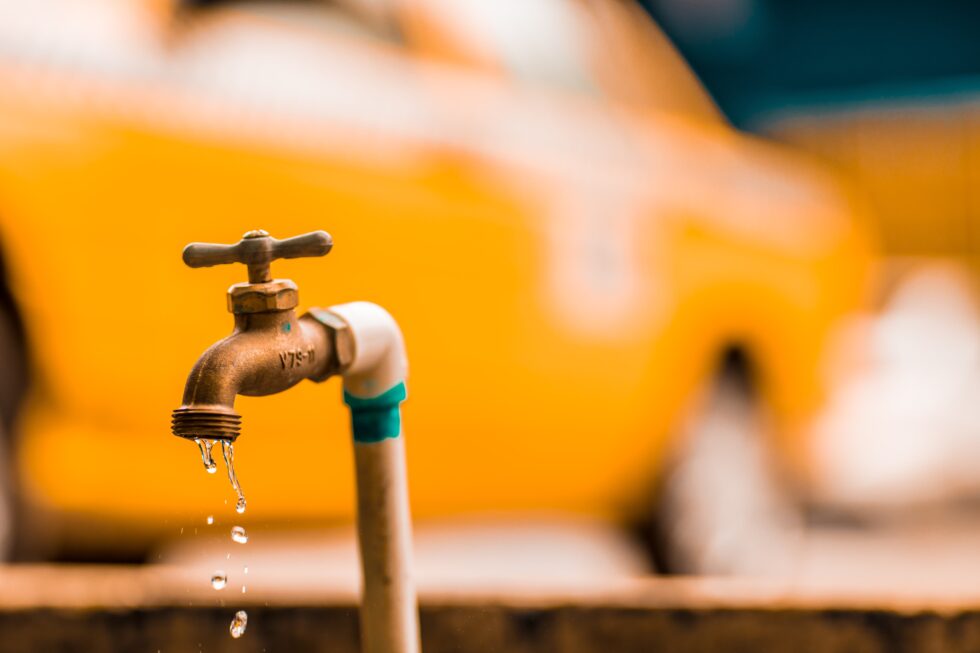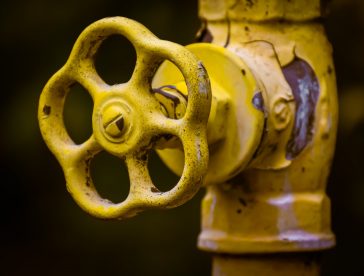
Water Leak Detectors for Your Property
Water leaks, a silent threat to property health, can lead to structural damage, mold growth, and high water bills. Water leak detectors serve as an essential defense for homeowners and property managers, detecting leaks early to prevent these issues. These devices are crucial in maintaining property integrity, offering peace of mind and protecting investments.
In this guide, we will explore the types, functionalities, and benefits of water leak detectors, underscoring their importance in proactive property maintenance.
The Risks of Water Leaks
Water leaks can pose a multitude of risks and consequences, making it crucial to address them promptly. Undetected water leaks can lead to significant issues, including:
- Structural Damage: Water can infiltrate walls, floors, and ceilings, weakening the structural integrity of a building. Over time, this can result in costly repairs and compromised safety.
- Mold Growth: Excess moisture from leaks creates an ideal environment for mold and mildew to thrive. Mold not only damages property but also poses health risks to occupants.
- Increased Water Bills: Unchecked leaks can cause a substantial rise in water bills, draining financial resources needlessly. This added expense can be a burden on both homeowners and businesses.
Moreover, it’s essential to emphasize the environmental impact of water wastage caused by leaks. Freshwater is a finite resource, and leaks contribute to unnecessary water wastage. Conserving water is not only economical but also environmentally responsible.
Types of Water Leak Detectors
To mitigate the risks associated with water leaks, various types of leak detectors are available. Each type serves a specific purpose and offers unique advantages:
Passive Leak Detectors
Passive leak detectors are simple yet effective devices designed to detect water accumulation or moisture. They are typically characterized by:
- Features: Passive detectors are often composed of materials that change color or absorb moisture when they come into contact with water.
- How They Work: When water makes contact with the detector, it triggers a visible or audible alert, indicating the presence of a leak.
- Suitable Use Cases: Passive leak detectors are best suited for areas where leaks are expected, such as basements, laundry rooms, or under sinks. They are a cost-effective solution for basic leak detection.
Active Leak Detectors:
Active leak detectors are more advanced and proactive in their approach to leak detection. They offer several advantages:
- Mechanism: These detectors use sensors to actively monitor moisture levels. Some models use probes, while others rely on wireless technology.
- Advantages: Active detectors can provide real-time alerts, allowing for rapid response to leaks. They are suitable for areas where immediate detection is critical, such as server rooms, utility areas, and commercial spaces.
- Ideal Scenarios for Use: Active leak detectors are ideal for businesses, high-value assets, and areas where early detection is vital to prevent damage or service interruptions.
Smart Leak Detectors:
Smart leak detectors take leak detection to the next level by integrating with smart home systems and offering remote monitoring capabilities. Key features include:
- Integration with Smart Home Systems: These detectors can be connected to home automation systems, enabling users to receive alerts on their smartphones, tablets, or other devices.
- Remote Monitoring: Users can check the status of their smart leak detectors and receive alerts from anywhere with an internet connection.
- Alert Features: Smart leak detectors often provide customizable alerts, allowing users to receive notifications via email, text message, or mobile app notifications.
By understanding the various types of water leak detectors and their respective features, individuals and businesses can make informed choices to protect their properties and conserve water resources.
How to Choose the Right Water Leak Detector
Choosing the right water leak detector for your property involves considering several key factors, including property size, water system complexity, and budget. Here’s a look at the most important factors to help you make an informed decision:
Assess Your Property Size and Layout:
- Small to Medium-Sized Homes: Basic water leak detectors that can be placed near potential leak sources (like under sinks or near water heaters) may be sufficient.
- Large Homes or Properties with Multiple Buildings: Look for systems that offer multiple sensors or extendable coverage. Wireless systems that link multiple sensors can provide comprehensive coverage for larger areas.
Understand Your Water System’s Complexity:
- Simple Systems: If your property has a straightforward plumbing system, a basic detector with an audible alarm or a notification system might suffice.
- Complex Systems: For properties with more complex plumbing, including multiple floors or extensive irrigation systems, consider advanced detectors. These may include features like automatic shutoff valves or integration with home automation systems for real-time monitoring.
Consider Your Budget:
- Cost-Effective Options: There are affordable basic detectors on the market that can alert you to leaks through sound or simple smartphone apps.
- Higher Budget Options: If you can invest more, consider detectors with advanced features like Wi-Fi connectivity, integration with smart home systems, or remote monitoring capabilities.
Installation and Maintenance
The effectiveness of water leak detectors greatly depends on their proper installation and maintenance.
For passive leak detectors, installation is typically straightforward. These detectors should be placed in leak-prone areas like under sinks, near washing machines, and around water heaters, following the manufacturer’s guidelines.
Active leak detectors require strategic sensor placement and a reliable power source, including battery backups where necessary.
Smart leak detectors, on the other hand, demand a bit more technical setup. They need to be connected to your home Wi-Fi network for remote monitoring and linked to an app on your smartphone or tablet for alerts and monitoring.
Maintenance of these detectors is as crucial as their installation:
- Regular testing is recommended to ensure functionality, which may involve simulating a leak to trigger the alarm.
- For battery-powered models, batteries should be replaced according to the manufacturer’s recommendations.
- Keeping the sensors clean is vital for maintaining sensitivity, and for smart leak detectors, software updates are necessary to keep the device up-to-date with the latest features and security enhancements.
Many plumbing companies offer specialized services for these detectors, including professional installation, especially for advanced systems that are integrated with your plumbing. Regular maintenance checks and emergency response services are also commonly provided, ensuring that any detected leaks are promptly and effectively addressed.
Preventive Measures and Best Practices
In addition to installing leak detectors, implementing preventive measures and best practices is essential for minimizing water leak risks. Regular property maintenance, including inspecting pipes and fittings for signs of wear and tear and monitoring water pressure, is vital. High water pressure, for instance, can strain pipes, so installing a pressure regulator might be beneficial.
Annual plumbing inspections by professionals are crucial. These inspections should include checking for hidden leaks in areas like underground pipes or within walls. In the event of a detected leak, immediate action is necessary. Knowing the location of the main water shut-off valve in your property is crucial for quickly stopping water flow in case of a major leak.
By combining the use of water leak detectors with these preventive measures and regular maintenance, property owners can significantly reduce the risk of water damage, safeguard their investments, and contribute to water conservation.
To conclude, water leak detectors are indispensable tools in protecting your property from the often unseen but significant damage caused by water leaks. They not only safeguard the structural integrity of your property but also prevent mold growth and avoid inflated water bills. By choosing the right type of water leak detector and ensuring its proper installation and maintenance, you can enjoy peace of mind and protect your investment.
Don’t wait for a leak to happen. Contact Landa Plumbing today to learn more about how we can assist you in selecting and maintaining the best water leak detection system for your property. Protect your home or business now by ensuring it is equipped with the right defense against water damage.


